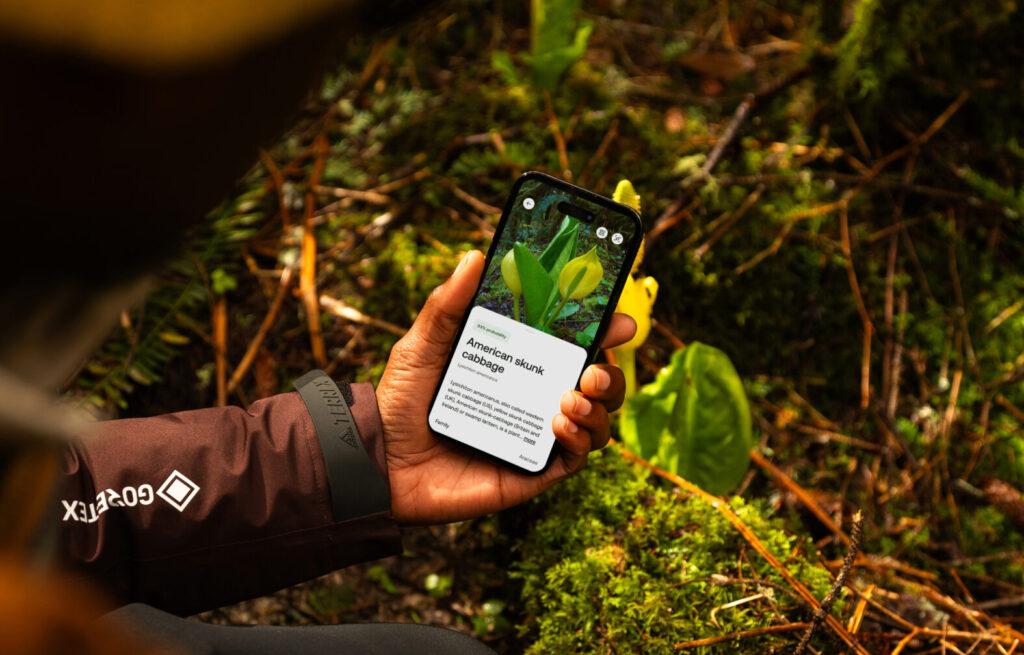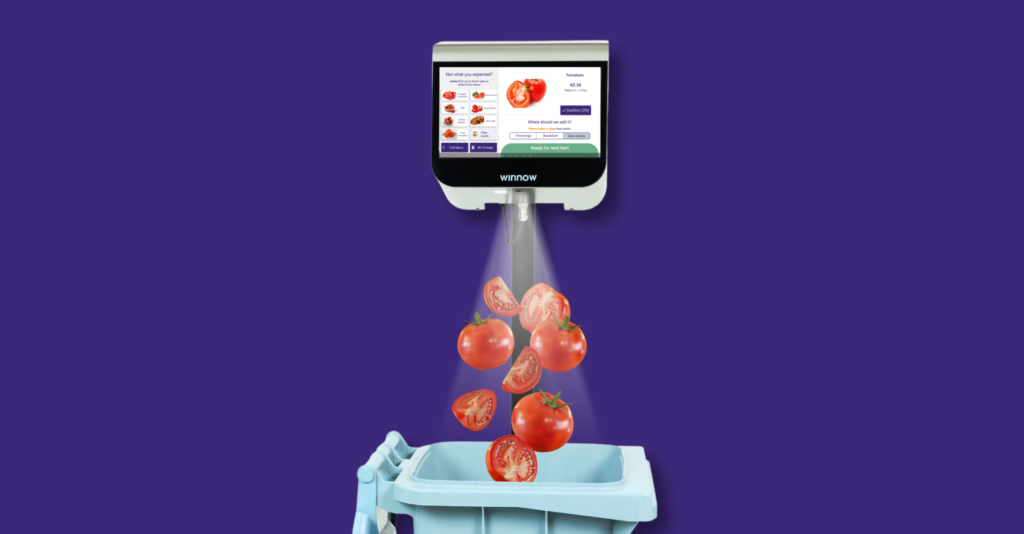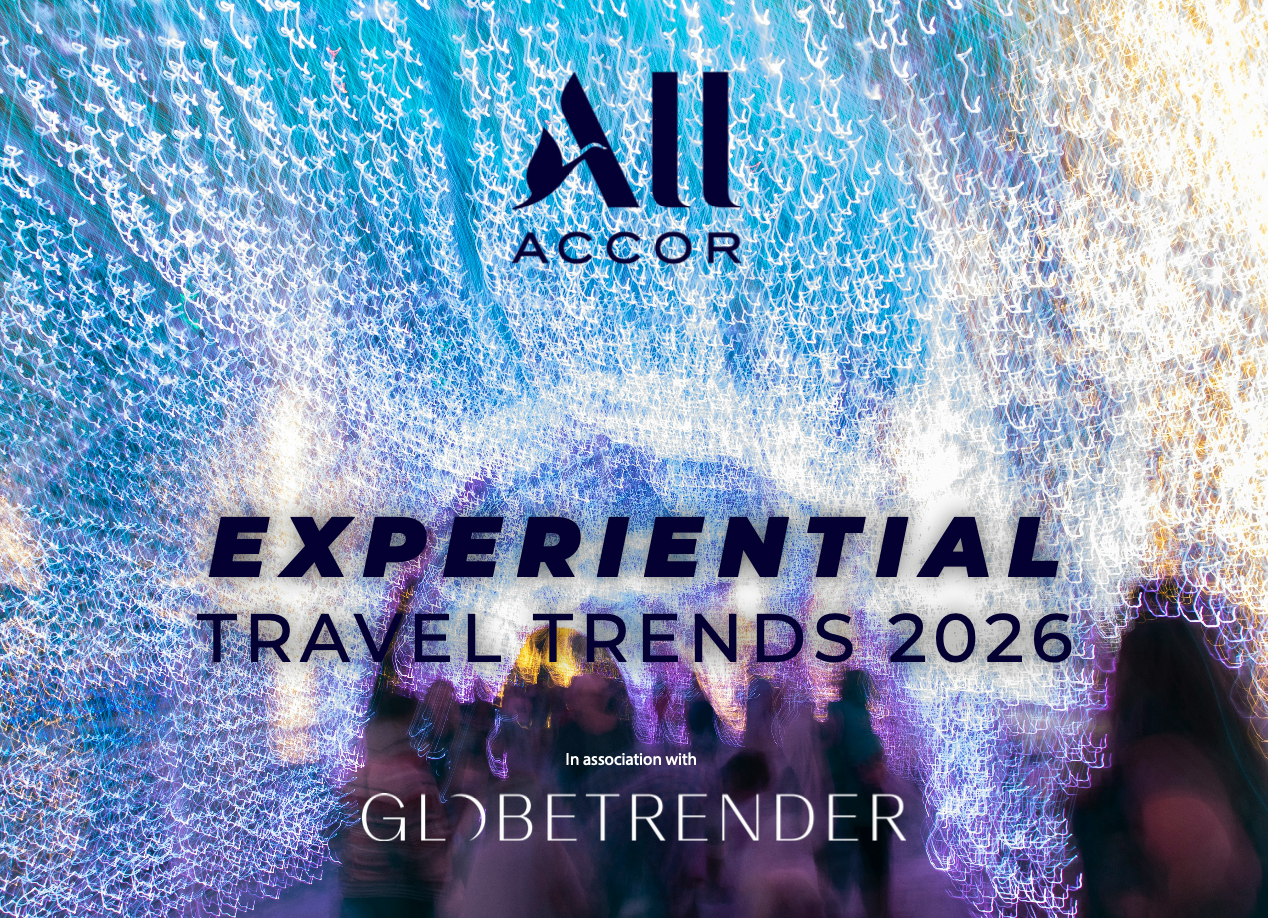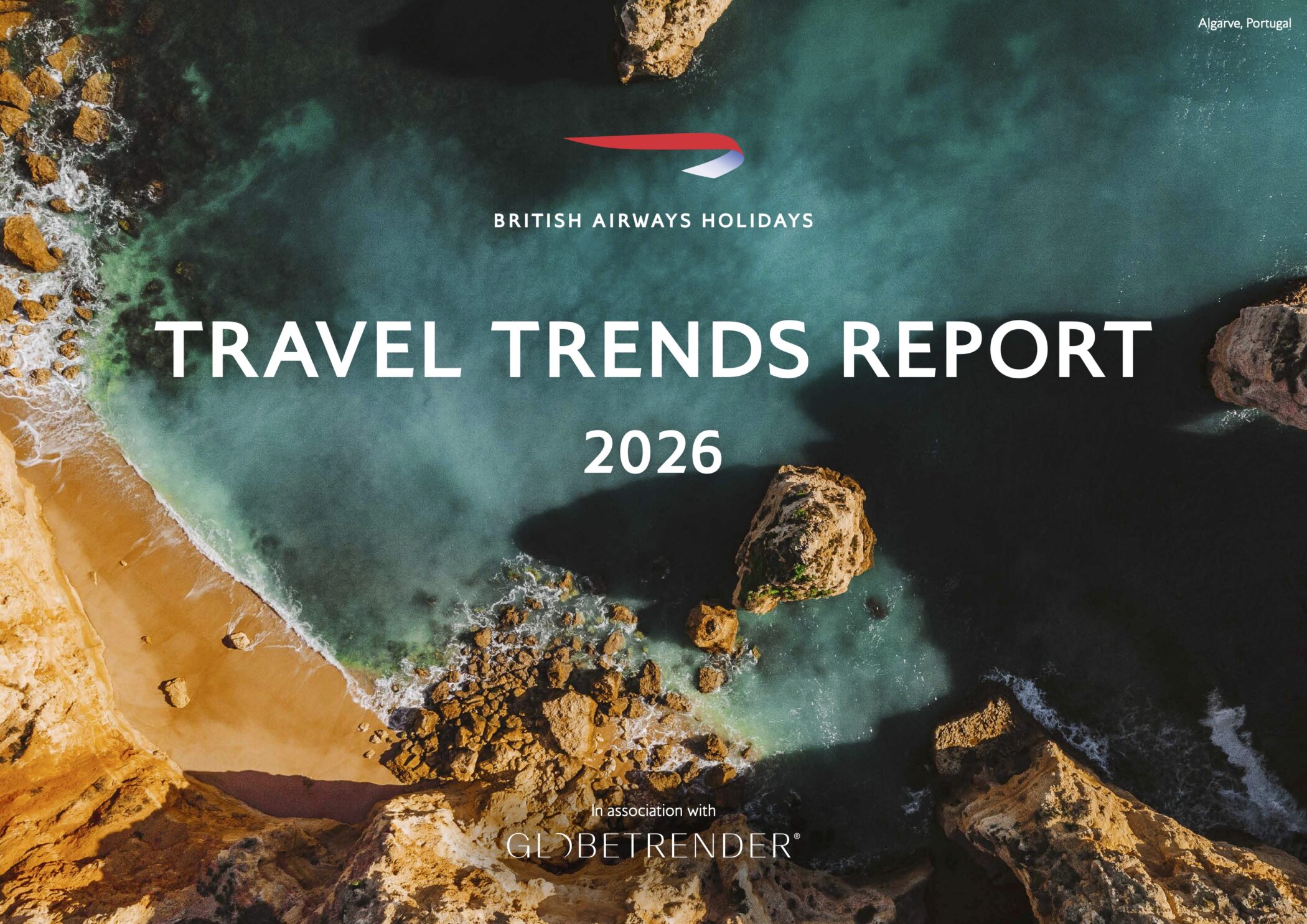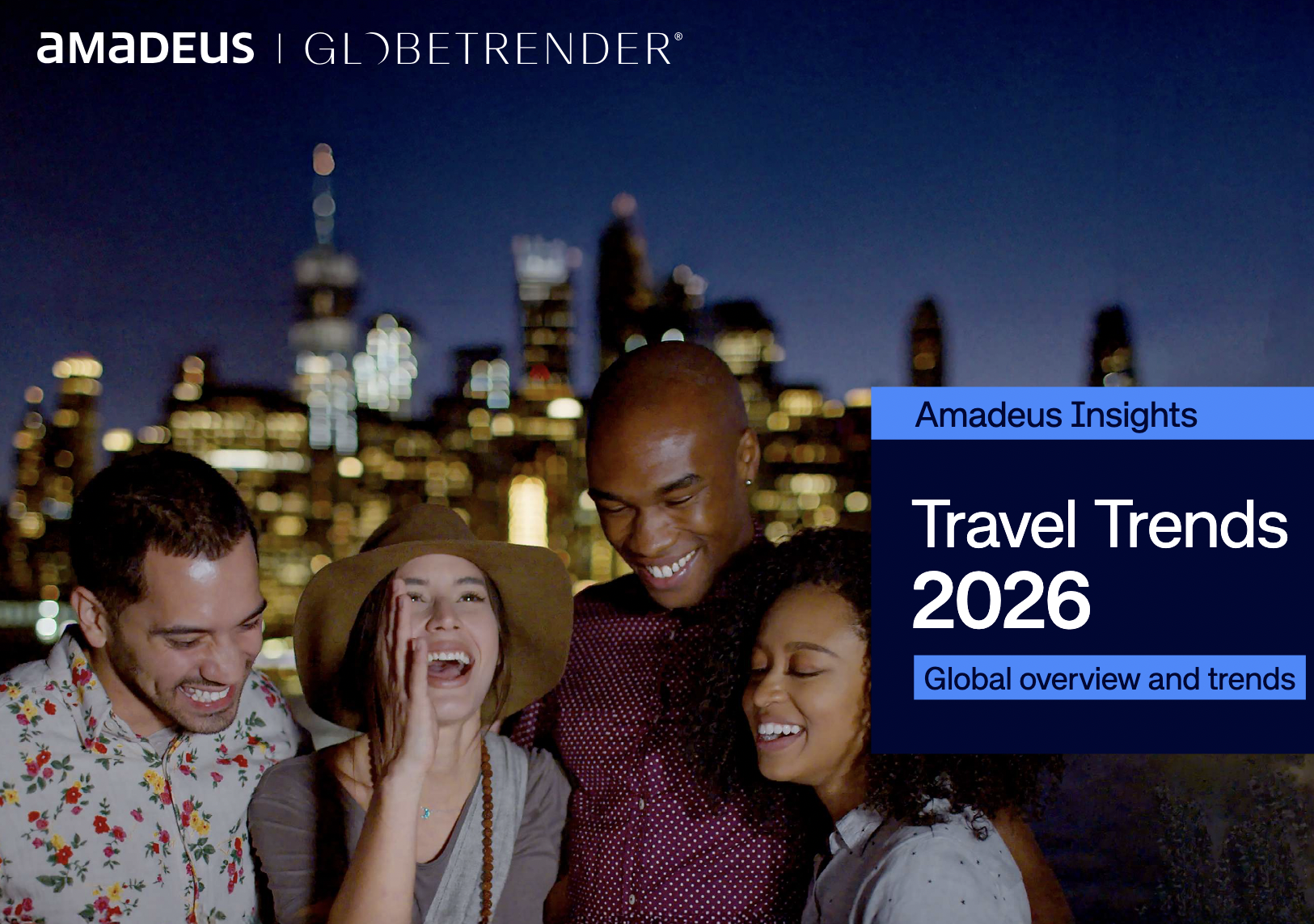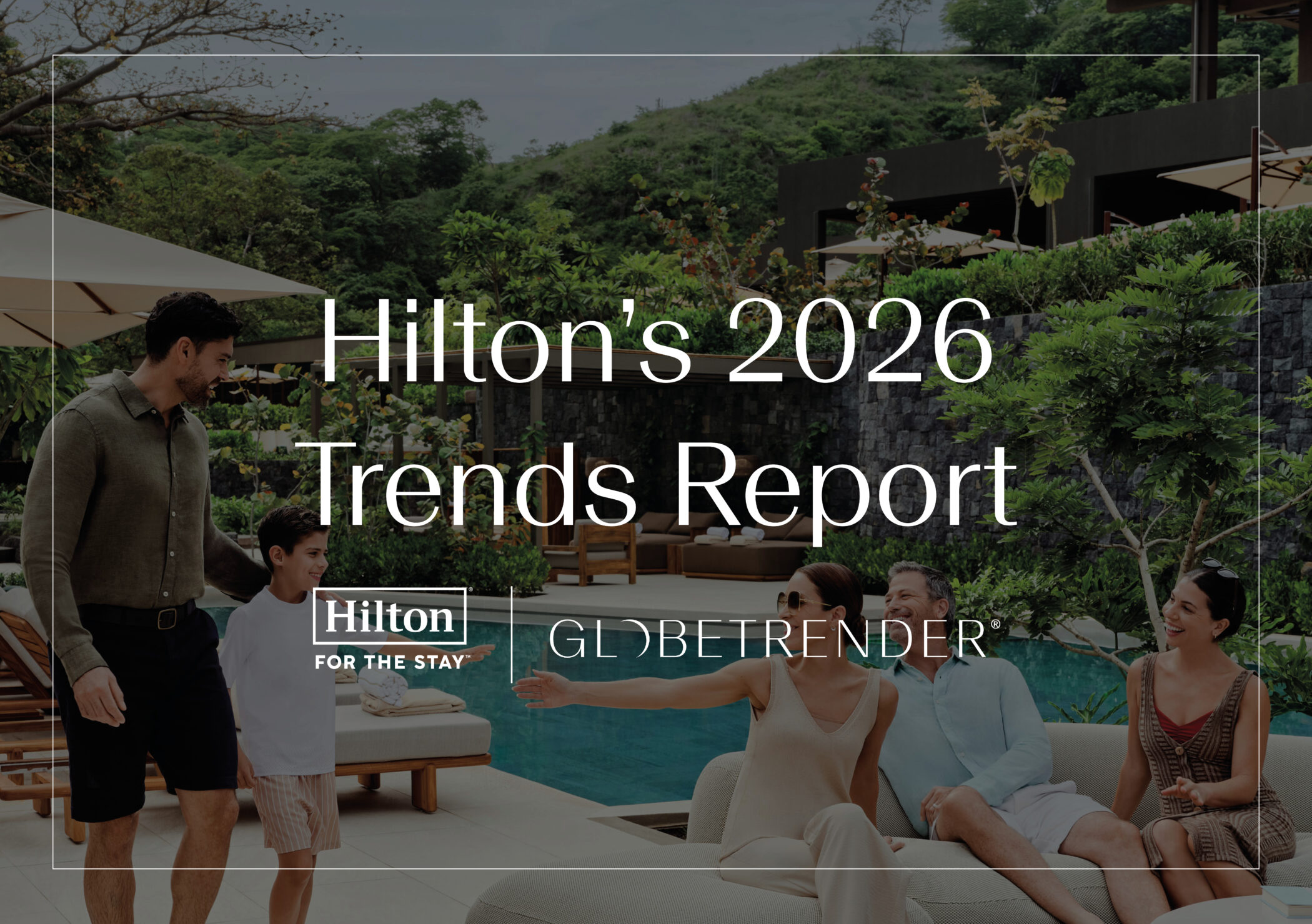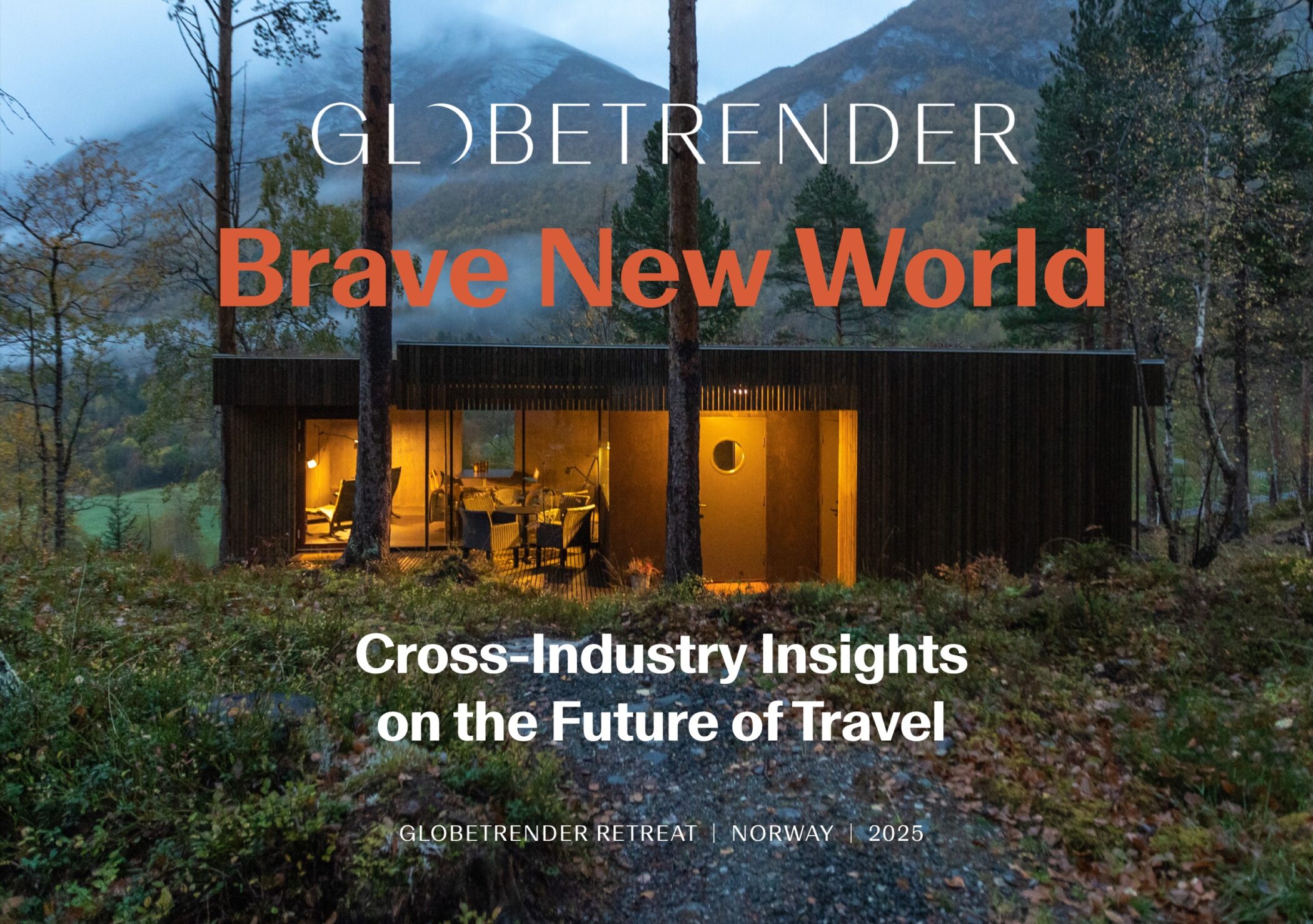Appetite for AI-enhanced travel 'rising rapidly' in 2025
Nearly two-thirds of global travellers would pay for an AI travel assistant to help during trips, says a new study by Amadeus, with 17% willing to spend up to 5% of their total journey cost on these services. Olivia Palamountain reports
New research by Amadeus has found that Gen AI usage in travel planning has surged 64% compared to last year, with users citing significant time savings, personalised recommendations and destination discovery as key benefits.
The 'Connected Journeys' study of 9,500 travellers across seven countries found that nearly two-thirds are willing to pay for an AI travel assistant to help during trips, with 17% prepared to spend up to 5% of their total journey cost on such services.
However, the research also exposed frustrations with current AI limitations, with 25% experiencing outdated or inaccurate information and another 25% struggling with AI's inability to capture personal preferences.
Importantly, word of mouth recommendations remain important; a deep dive into the UK statistics show that despite growing role for emerging technology, Brits still rely on friends and family for holiday tips.
The findings also reveal that 90% of air travellers experience some level of anxiety during their journey, creating demand for technological solutions that promise convenience and reassurance. Two-thirds of respondents expressed strong interest in remote baggage check-in services that would collect luggage directly from their homes, significantly reducing pre-trip stress.
Biometric gateways proved popular with 69% of respondents, offering the promise of smoother airport experiences by eliminating repetitive document checks. The technology addresses anxiety around multiple journey stages, including packing (26%), security screening (27%), airport travel (26%) and the flight itself (24%).
Decius Valmorbida, president of travel at Amadeus, says: "The rapid rise in Generative AI usage shows that travellers are eager for smarter, more personalised experiences. But the data also reveals a clear message: expectations are high, and the industry must work together to meet them. At Amadeus, we see a big opportunity to collaborate across the travel ecosystem to ensure AI delivers real value - reducing friction, enhancing confidence and making every journey more intuitive and enjoyable."
The research, spanning China, France, India, Singapore, Spain, the UK and the US, found that travellers' primary aspirations centre on experiences rather than material purchases. Quality time with loved ones (27%), discovering great food and drink (25%) and creating lasting memories (24%) topped the list of travel hopes, whilst 22% explicitly highlighted the desire for smooth, disruption-free experiences.
Current technology solutions already helping to alleviate anxiety include real-time travel updates via apps (29%), digital wallets for secure document storage (27%), smart baggage tracking systems (26%) and integrated 'super apps' offering comprehensive travel management (26%).
Francisco Pérez-Lozao Rüter, president of hospitality at Amadeus, says: "Travellers are embracing AI with enthusiasm, but they're also demanding more. In Hospitality, we see this as a call to action: to deliver technology that not only responds to traveller needs but anticipates them. From booking the perfect stay to navigating the trip itself, hyper personalisation and real time accuracy are no longer optional, they are expected."











